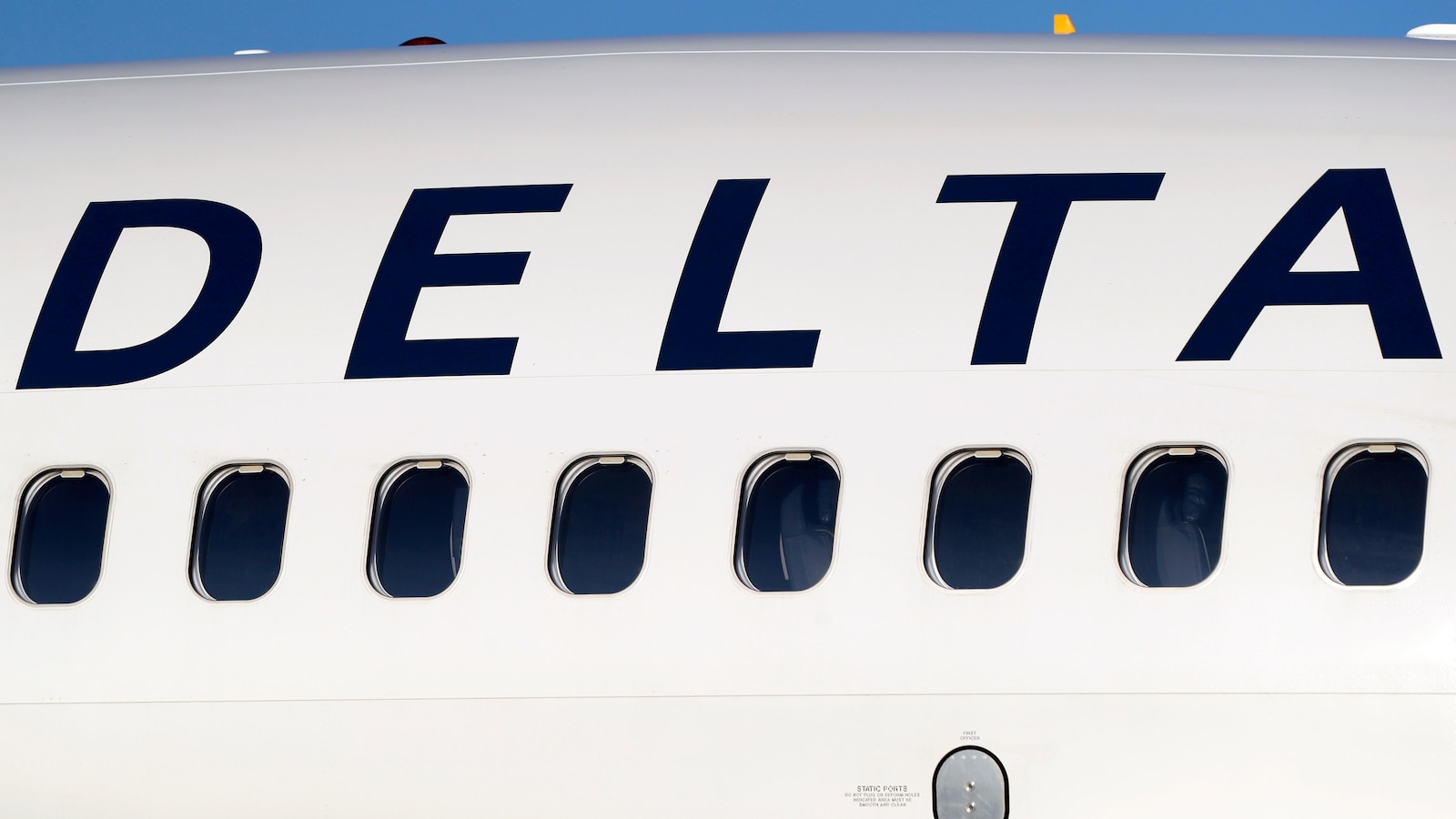Delta Incident Highlights Importance of Clear Communication

Introduction
Delta Air Lines encountered an unexpected incident during a routine pushback from the gate in Atlanta. One of its planes, while taxiing, accidentally clipped the wing of an empty aircraft parked nearby. The incident caused minor damage to both planes and a delay in the departure of the affected flight.
Key Details
According to Delta, the incident occurred due to miscommunication between the ground crew and the pilot. The pilot was following instructions to turn the plane, but the ground crew had not yet moved the parked aircraft. This resulted in the wing of the moving plane clipping the tail of the stationary one. Fortunately, there were no passengers on the parked aircraft, and no injuries were reported.
Impact
Although minor, this incident highlights the importance of clear communication and coordination between ground crews and pilots during pushback and taxiing procedures. Delta has assured that they will review their protocols and make necessary adjustments to prevent similar incidents in the future. The affected flight was able to depart after a short delay, and both planes were able to continue their operations after being assessed and repaired for any damage. Safety and efficiency remain top priorities for Delta, and they will continue to work towards improving their procedures to avoid any future mishaps.
About the Organizations Mentioned
Delta Air Lines
Delta Air Lines, Inc., headquartered in Atlanta, Georgia, is a leading major U.S. airline operating nine hubs, with Hartsfield–Jackson Atlanta International Airport as its largest. It flies over 5,400 daily flights to 325 destinations across 52 countries on six continents, making it one of the world’s most extensive global networks. Delta is a founding member of the SkyTeam airline alliance, enhancing its international connectivity through partnerships with airlines such as Air France-KLM, Aeromexico, and Virgin Atlantic[1][2]. Founded in 1924, Delta is the second-oldest operating commercial airline in the U.S. and has continuously grown through strategic acquisitions, most notably the 2008 merger with Northwest Airlines, which expanded its domestic and international reach. This integration was completed in 2010, unifying operations and technology systems under the Delta brand[1]. Delta’s reputation is bolstered by its outstanding financial performance and brand value. In 2025, it reported record quarterly revenues exceeding $15 billion, demonstrating strong resilience and growth in a competitive industry. It consistently ranks highly on the Fortune 500 list (70th) and has received numerous accolades including top rankings by The Wall Street Journal, Condé Nast Traveler, and Forbes Travel Guide. Delta is also widely recognized for its innovation, leadership quality, and workplace culture, appearing on lists such as Fast Company’s Most Innovative Companies, Glassdoor’s Best Places to Work, and Forbes World’s Best Employers[1][2][3][7]. Delta emphasizes sustainability, aiming for net-zero carbon emissions by 2050, and actively pursues diversity, equity, and inclusion initiatives. Its community engagement focuses on environmental stewardship, education, and wellness. Delta’s leadership philosophy centers on purpose-driven, people-first management, contributing to its top positioning on leadership and corporate responsibility rankings[4][5][6]. With a customer base of over 180 million annually, Delta serves a demographi











